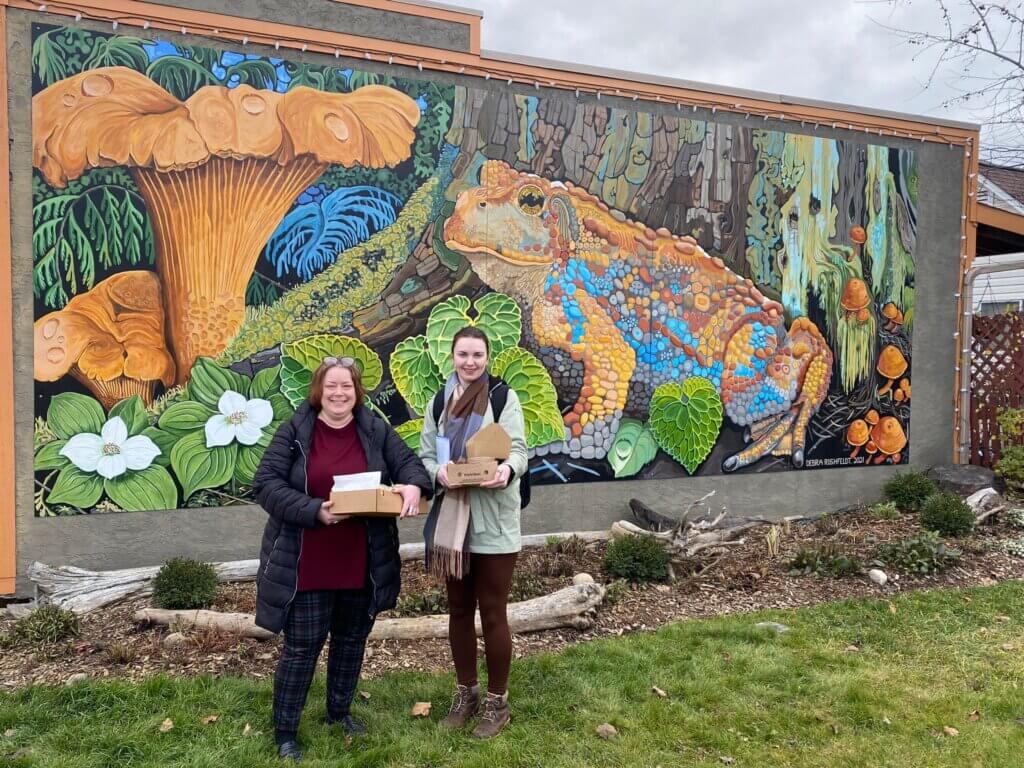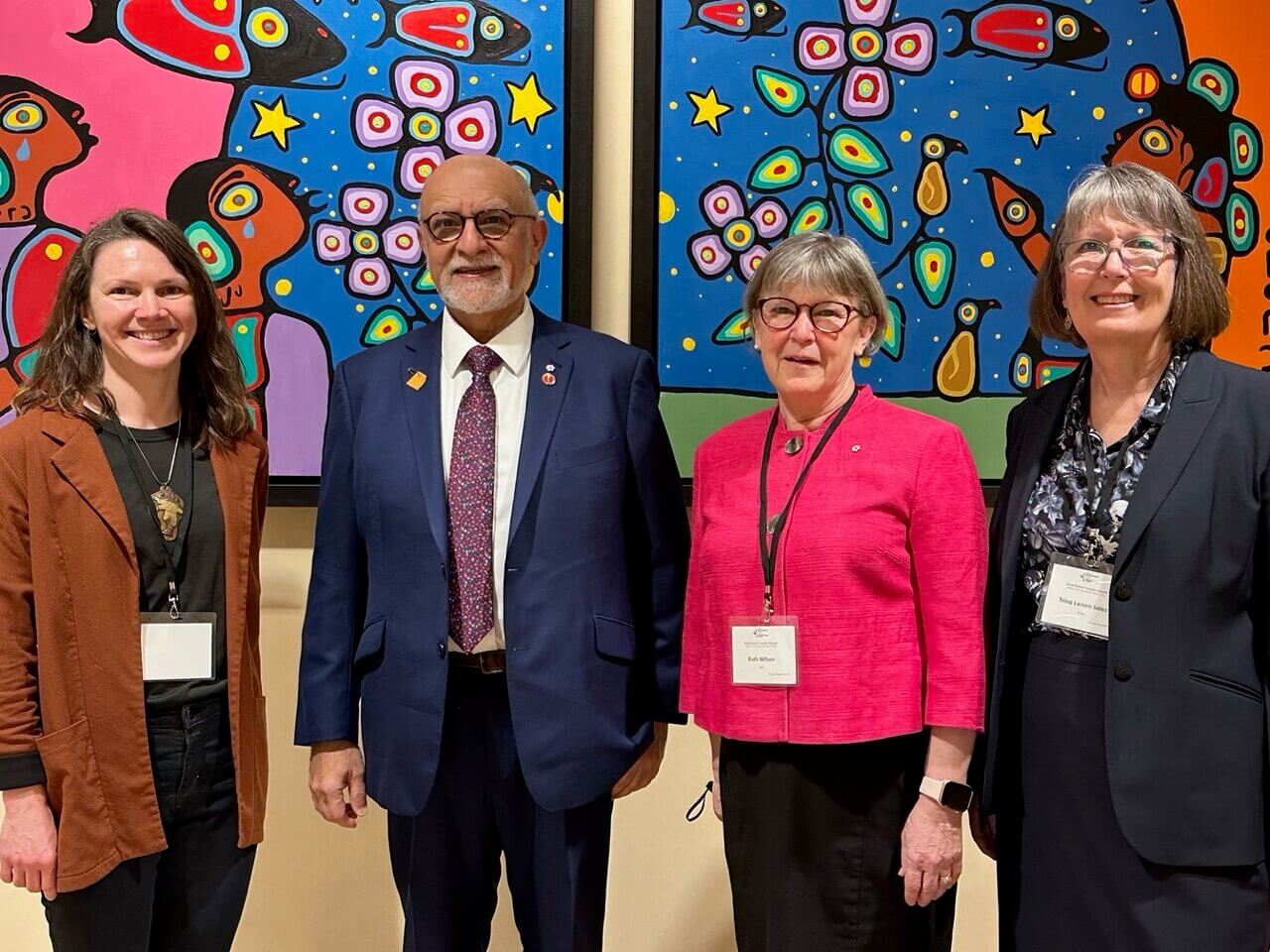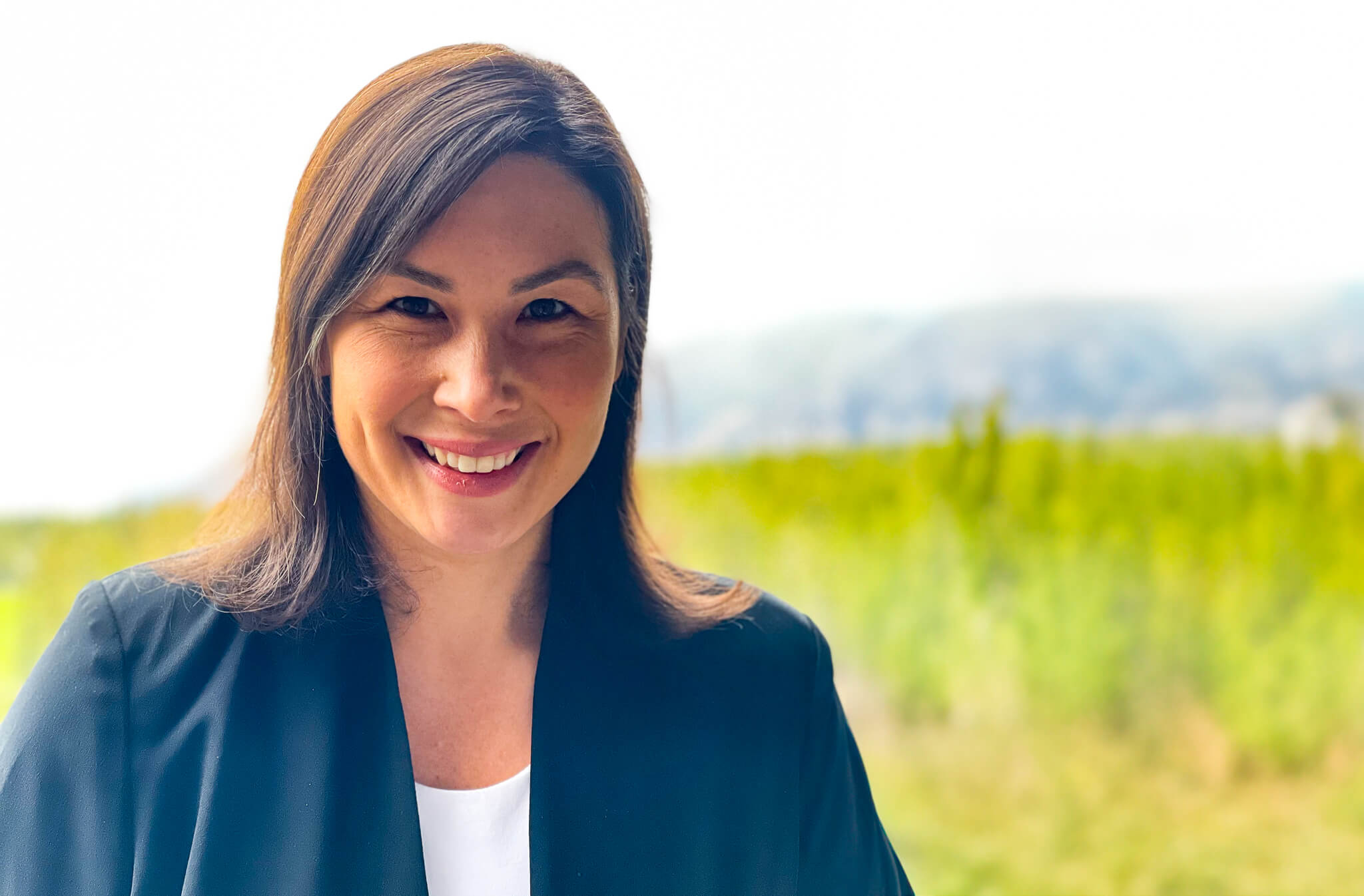The Rural Site Visits team travels to all communities covered by the Rural Subsidiary Agreement in British Columbia. Their aim is to meet with community partners, develop relationships, and gain insights into their successes, innovations, and challenges in rural healthcare delivery. The team utilises this information to amplify the rural voice in discussions with health policymakers and to share stories of ingenuity.

“I had the privilege of attending my first site visit this year, travelling to New Denver and Nakusp with Dr. Stu Johnston and my colleague, Robyn Ellsworth. Working alongside them was both an educational and enjoyable experience, which made me feel proud to be a part of RCCbc and proud of our team.”
Explore the numbers
12 Communities
In 2023, we visited 12 rural communities, including 11 covered by the Rural Subsidiary Agreement (RSA).
32 Community meetings
32 community meetings were held in 2023.
440 Partner group meetings
Since the launch of the Rural Site Visit project, the team has met with 440 partner groups across local communities.
1 New team member
1 new Site Visit team member completed Site Visits Training with 2 veteran site visit team members completing the Two-Eyed Seeing training while meeting with Indigenous communities.
Partnership Work
We took a more intentional approach to our pre-engagement partnerships, particularly with local Divisions of Family Practice. We collaborated with the Northern Interior Rural Divisions (NIRD) to establish community contacts: Errol Winter and Joy Davy were instrumental in engaging physicians in Mackenzie and the McLeod Lake Indian Band. Their participation in the meetings significantly enhanced the trust and comfort levels among participants. Additionally, NIRD provided us with community profiles before the visits, offering valuable context for our discussions and deepening our understanding.
We continue to maintain close collaboration with First Nations Health Authority (FNHA) Regional Leads and Coordinators, focusing on community connections and engagement for all Indigenous communities we visit. This evolving partnership has proved invaluable, enabling us to learn from Indigenous Communities in a respectful and meaningful manner.
Plans for the Future
The Site Visits Project is dedicated to continuous reflection, learning, and iteration to enhance our work and, more importantly, to support the communities we serve. We are currently exploring ways to reimagine what a community visit encompasses across all RCCbc programs. To this end, we will work closely with the new Community Engagement Director and other RCCbc programs to strengthen our connections with the communities.
Team Members
Click on a team member to explore which other projects they have contributed to in the past year.

Danette Dawkin
Lead, Rural Site Visits | Lead, Communications
Danette Dawkin’s Projects: Annual Reports

Krystal Wong
Senior Project Coordinator (on maternity leave)
Krystal Wong’s Projects: Annual Reports

Bree Loeffler
Administrative Assistant
Bree Loeffler’s Projects: Annual Reports

Kim Chhina
Project Coordinator, Rural Site Visits
Kim Chhina’s Projects: Annual Reports

Robyn Ellsworth
Administrative Assistant, Rural Research





